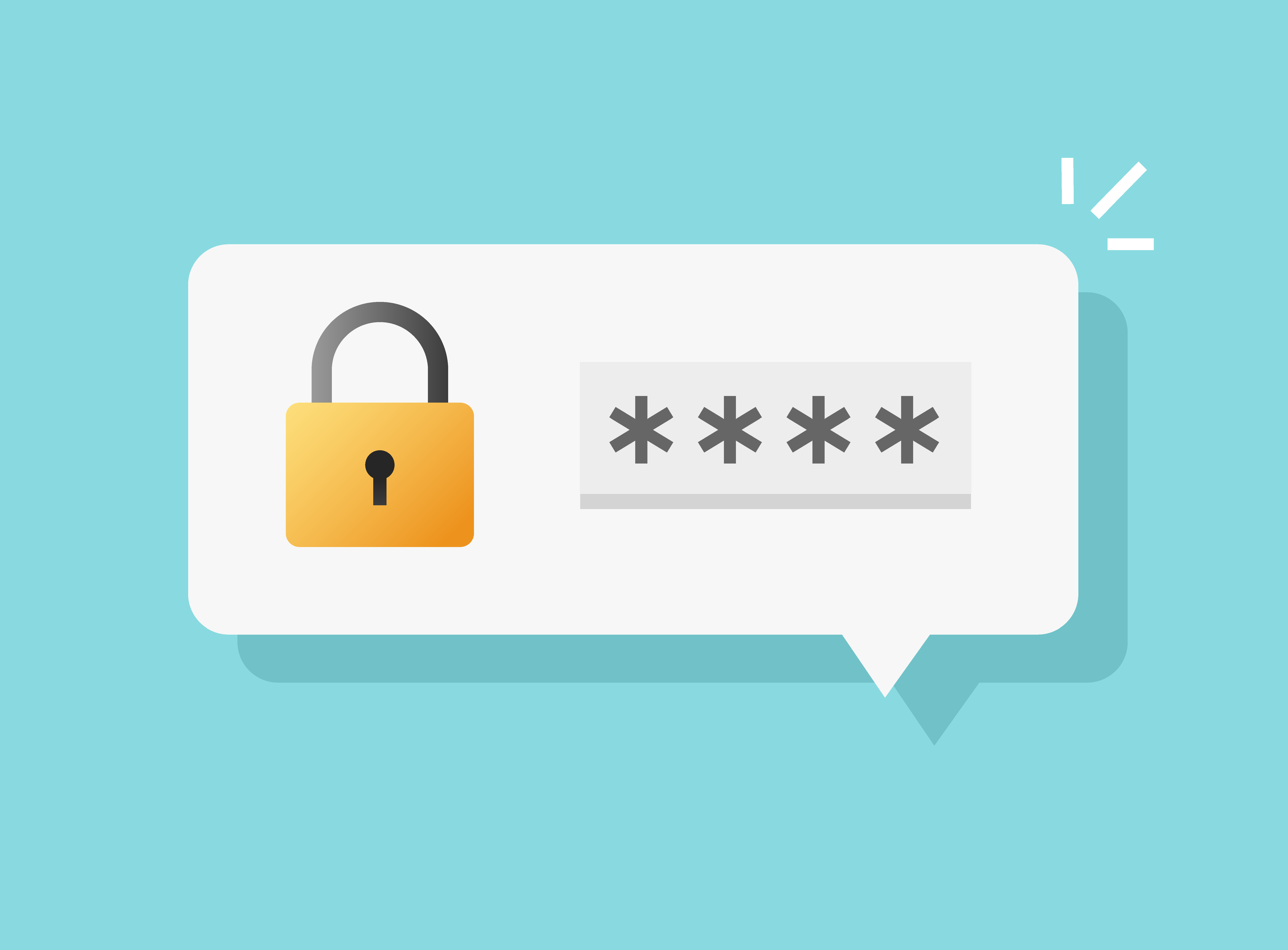 Just as the pace of innovation has increased throughout the pandemic, so has cybercrime. These threats and dangers come in several formats – password hacking, data theft, impersonation, blackmail, reputational damage, and more. Life insurance customers have entrusted the industry with valuable data that needs to be protected. APEXA focuses on cybersecurity – client data safety is our priority. As much as it can be confusing to keep up with each new trick (whack-a-mole, anyone?), ongoing awareness and learning are essential to avoiding pitfalls.
Just as the pace of innovation has increased throughout the pandemic, so has cybercrime. These threats and dangers come in several formats – password hacking, data theft, impersonation, blackmail, reputational damage, and more. Life insurance customers have entrusted the industry with valuable data that needs to be protected. APEXA focuses on cybersecurity – client data safety is our priority. As much as it can be confusing to keep up with each new trick (whack-a-mole, anyone?), ongoing awareness and learning are essential to avoiding pitfalls.
Increased productivity, family time, and a much shorter commute are a few of the many perks of remote work. However, one downside is the decline in cyber safety. Conducting business over personal or non-secure Wi-Fi and having confidential information and passwords exposed at home or in public are a few scenarios that have increased accessibility to sensitive data. Exposed or weak passwords can lead to hacking. Phishing for data can occur through links in emails or by requests for confidential information under the pretense that they are from a person or an institution the recipient trusts. The list goes on!
In this cybersecurity series, we will share cyber safety methods that, when applied, should counter threats as they arise. Today, let’s look at password creation, focusing on the Dos and Don’ts of creating passwords. To build a strong password, DO the following:
- Make it long.
- Mix up the characters: =1Op$^@4(&😊;)
- Make it memorable to you by aligning it with a quote or phrase: 2b0rn0t2b:that1sthe? Am@z0nHere1c0me!
- Use a password manager.
Now we’ve covered easy ways to enhance password strength, let’s move on to ensuring passwords remain secure. DON’T do the following:
- Use family names or symbolic numbers, such as age and date of birth.
- Reuse passwords.
- Write down passwords.
- Share passwords or keep them lying around.
- Many sites request security questions, such as middle names, pet names, birthdates, and mother’s maiden names. Don’t use such identifiers to create a password.
Now you’re set to create safe, strong passwords that you alone will find easy to remember





